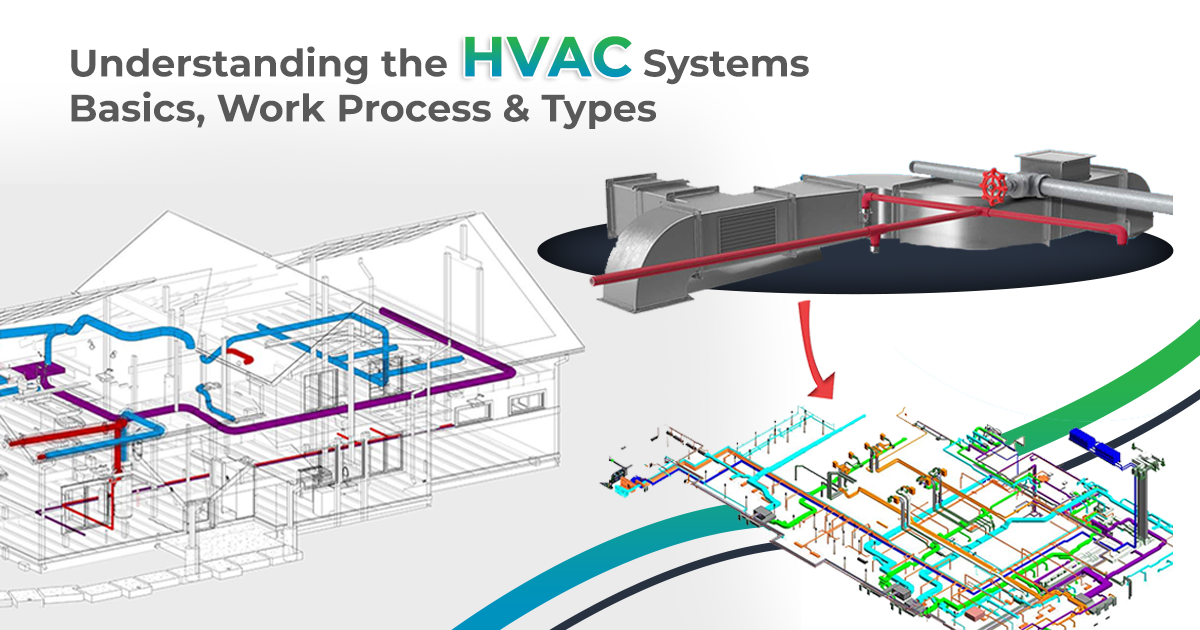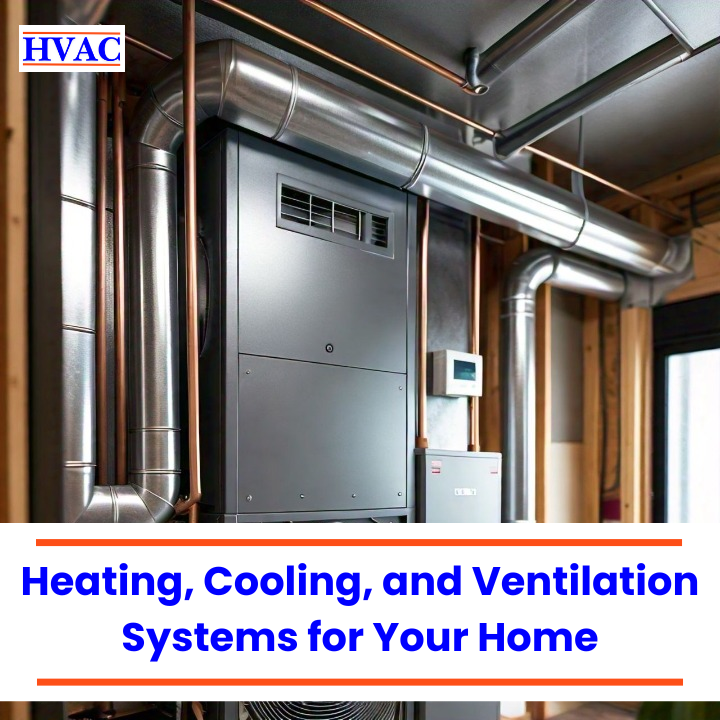Introduction
Welcome to the ultimate guide on HVAC basics! Whether you’re a homeowner, a business owner, or simply curious, understanding how Heating, Ventilation, and Air Conditioning (HVAC) systems work is essential. This guide covers the components, functionality, and importance of HVAC systems in maintaining indoor comfort and air quality.
What is HVAC?
HVAC stands for Heating, Ventilation, and Air Conditioning. These systems regulate the temperature, humidity, and air quality in residential, commercial, and industrial buildings.
Core Components of an HVAC System
- Heating Systems
- Types: Furnaces, boilers, and heat pumps.
- Function: Provide warmth during colder months by heating air or water.
- Cooling Systems
- Types: Central air conditioners, ductless mini-splits, and evaporative coolers.
- Function: Remove heat from indoor air to maintain a cool environment.
- Ventilation Systems
- Natural Ventilation: Open windows and vents.
- Mechanical Ventilation: Fans, air ducts, and exhaust systems.
- Function: Circulates air to improve indoor air quality.
How Does an HVAC System Work?
- Heating
- The thermostat signals the furnace or boiler to heat air or water.
- Heated air is distributed through ducts or radiators.
- Cooling
- The thermostat activates the air conditioner.
- Warm indoor air passes through evaporator coils, cooling it.
- Cooled air is circulated back into the room.
- Ventilation
- Fresh air is drawn into the system, filtered, and distributed.
- Exhaust air is vented out, maintaining a balance.
Benefits of an Efficient HVAC System
- Energy Savings: Modern systems consume less energy.
- Enhanced Comfort: Maintains consistent temperatures.
- Improved Air Quality: Filters allergens and pollutants.
- Longevity: Regular maintenance extends system lifespan.
Trending HVAC Technologies in 2024
- Smart Thermostats
- Features: Remote control, energy tracking, learning capabilities.
- Brands: Nest, Ecobee, Honeywell.
- Zoned HVAC Systems
- Customize temperatures for different rooms or zones.
- Saves energy by avoiding unnecessary cooling/heating.
- Geothermal Heat Pumps
- Utilizes the earth’s consistent temperature for heating and cooling.
- Highly energy-efficient and eco-friendly.
- Ductless Mini-Splits
- Ideal for small spaces and homes without ductwork.
- Provides precise temperature control.
FAQs
Q1: How often should I service my HVAC system?
Ans: It’s recommended to service your HVAC system twice a year: once before summer (cooling) and once before winter (heating).
Q2: What’s the average lifespan of an HVAC system?
Ans: Most systems last between 10-15 years. Regular maintenance can extend this lifespan.
Q3: How do I improve energy efficiency?
- Ans: Install a smart thermostat.
- Seal leaks in ductwork.
- Replace filters regularly.
- Upgrade to energy-efficient models.
Q4: What are common signs my HVAC system needs repair?:
- Ans: Unusual noises.
- Uneven heating or cooling.
- Increased energy bills.
- Poor airflow or humidity control.
Conclusion
Understanding HVAC basics empowers you to make informed decisions about system maintenance, upgrades, and energy efficiency. Whether you’re looking to enhance comfort, save on energy bills, or explore modern HVAC technologies, this guide is your starting point.
For more expert insights, tips, and detailed guides, explore our Articles at hvacexpertguide.com!
Would you like me to format this article for your website or suggest visuals to include?





